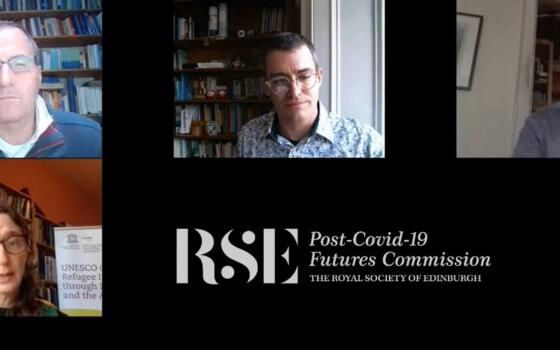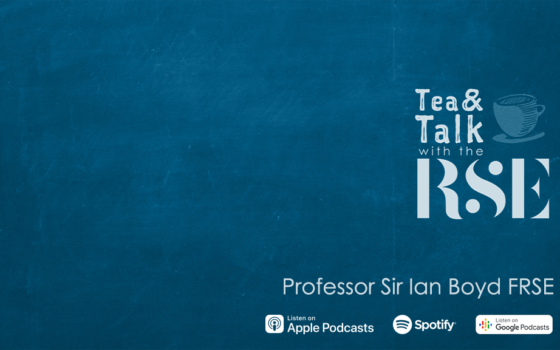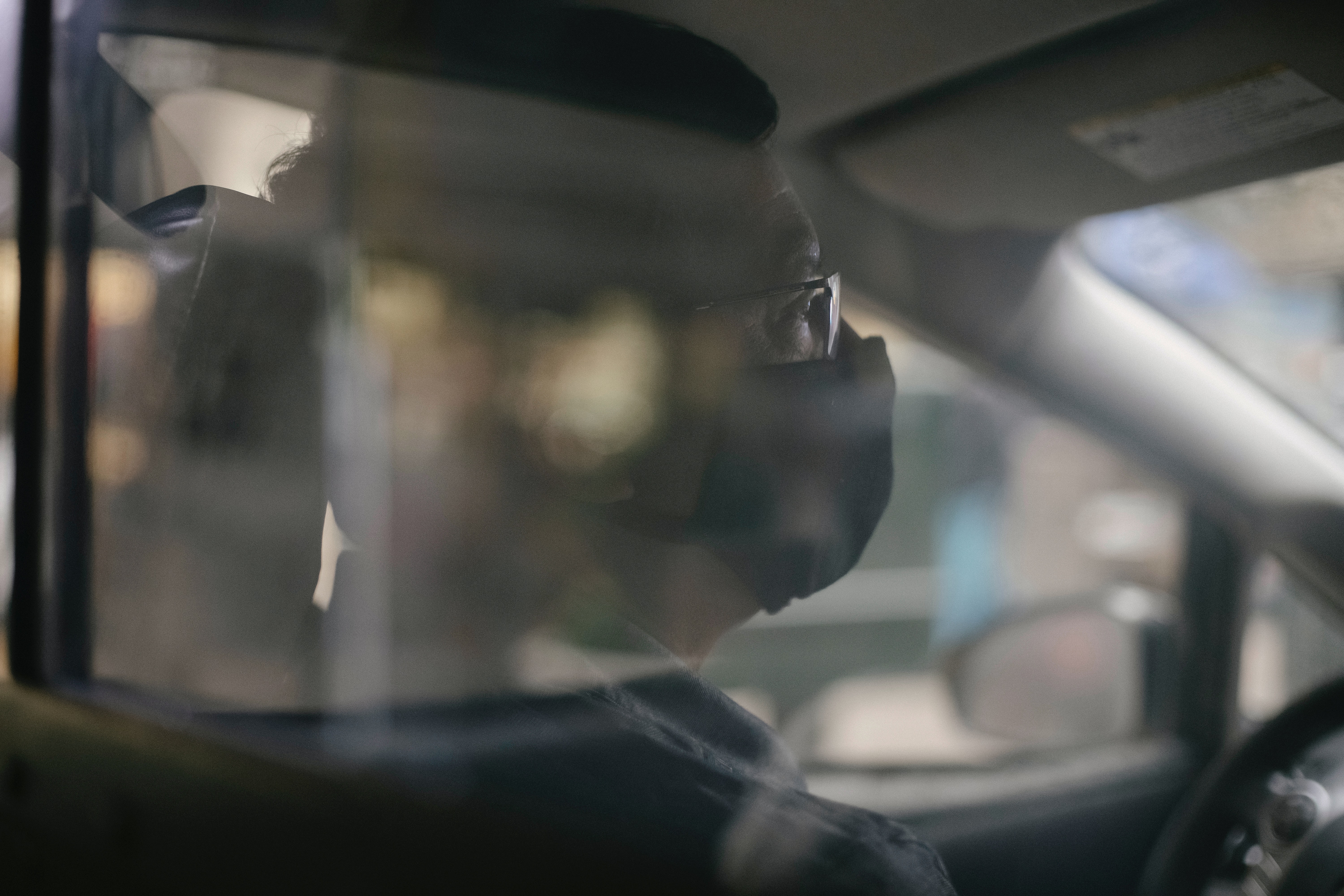The great economist John Maynard Keynes is quoted as saying, “The difficulty lies not so much in developing new ideas as in escaping from old ones”. Building back better will demand we do both. Control, fear and uncertainty have been part of our daily existence. Critical thinking is not always welcomed unless it suits political agendas, and many businesses feel disenfranchised from the policymaking process.
Against that backdrop, businesses are showing a remarkable level of innovation and spirit.
Refined business models and adaptation to premises has happened overnight. Manufacturers have responded positively and generously to help the national effort supporting our health sector. Necessity has indeed been the mother of invention. However, the next phase of recovery will require a much bolder set of ideas and initiatives. If we challenge ourselves to exit from the pandemic on a trajectory that will make us stronger and more resilient for the future, what would that look like?
It starts with a commitment to better empower and educate. Building community empowerment and resilience through a new collective responsibility between communities, business and government would be a game changer. Interdependent team-working will unlock new ways of working, as well as developing underutilised talent.
Businesses are going to be essential to deliver this. The current experience of Covid-19 has the potential to make them emerge stronger and more resilient if they are given support and encouragement. Confidence is essential to unlock the innovation potential within our communities. The lens of business can be useful to understand global challenges such as digital equality, how the future workforce will look, the technological challenges of mitigating climate change and addressing the impacts of an aging population.
However, the relationship between business and government is currently strained and this presents a challenging starting point.
To facilitate new ideas, we need an ambitious international outlook that positively challenges our perspectives. If we continually benchmark locally, there is always a danger of managed decline. What good looks like is often defined by experience and ideas from beyond our shores.
Business groups also need to show more confident leadership, elevating the debate and demanding more long-term thinking from government. Ten-to-twenty-year ambitions that support the development of business/community working will enable our people to fulfil their ambitions and, in turn, support a more resilient economy.
Building resilience in our country will also be enabled by indubitably supporting the education and futures of our young people.
Fundamentally, there is a lack of resilience with a primarily service-based economy. How can it be right as a society we (unconsciously?) push our young people and graduates towards low value jobs with the outcome that many leave our country or, worse still, never reach their full potential. A society we all want to be part of would ensure we give ladders to every individual.
The strength of Scotland lies in its diversity of thought and ideas, its innovation, and its pride. Let us not be timid, let us build from these strengths.


